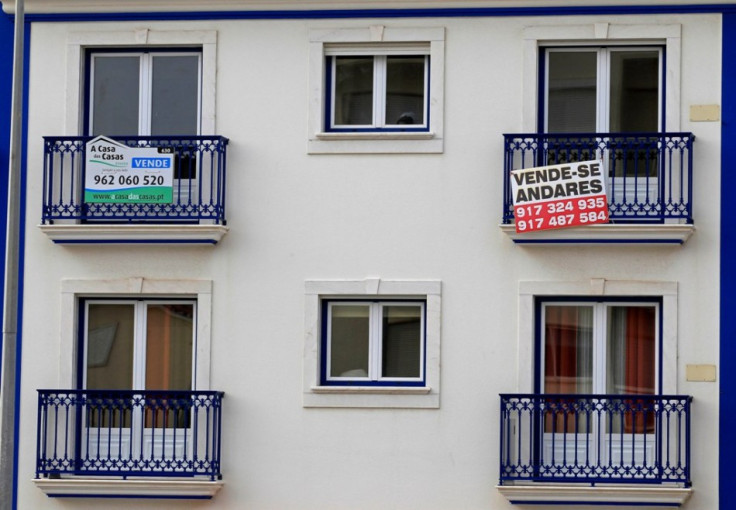Iberia's Depressed Property Markets Find Willing Investors in China and Russia

Spain and Portugal's depressed property markets are attracting eager investors from China and Russia, lured to Iberia by government-sponsored incentives linked to big-ticket real estate investments.
The Iberian peninsula has three million empty homes. However, that number is declining thanks to property investment schemes that hand out residence and travel permits to overseas buyers, provided they invest at least €500,000 in real estate in either country.
The travel permit allows buyers to traverse Europe's 26-country Schengen zone freely and without restriction.
Lisbon said last week that 318 permits had been issued since the programme was rolled out a year ago, raking in €200m in investments. A bulk of those funds found their way into residential property such as beachside apartments in the Algarve region.
Lisbon expects to take home in excess of €300m by December from such deals. That figure exceeds the estimated €250m invested in the Portuguese real estate sector in 2012, according to property consultant Cushman & Wakefield.
Greece also offers similar incentives on property investments while Malta offers citizenship against an investment of €650,000.
Chinese and Russian Buyers
Iberia has found willing investors among the Chinese, scouting for property deals outside their own overpriced markets, and the Russians, looking to migrate from their country.
Chinese buyers are benefiting from the yuan's strength against the Euro. In addition, investing in the region helps them diversify their assets, according to the Hispanic-Chinese Business Council.
As such, Spanish property advertisements are being translated for Chinese and Russian property websites.
Vyacheslav Eshanu, head of PortugalEstate, which operates offices in three Russian cities and in the Algarve, has completed five "golden" visa deals. Russian middle-class families are the eager investors in the region.
"The golden visa seekers mostly buy just at the €500,000 limit. In fact, a €350,000 limit would be better," Eshanu told Reuters, adding that Russians chasing million-dollar villa deals could soon be history.
"Spaniards are very interested in selling to the Chinese. The reality is that right now in Spain they're interested in selling to whoever," said Araceli Morales from company Vender A Chinos (Sell to the Chinese), which translates adverts.
Portuguese Law
Portugal's golden visa law states that the purchase money has to be deposited into a local bank account and its origin has to be explained to the country's central bank, a move designed to curb money-laundering.
Residence permits are valid until property of the same value remains with the same person. Buyers also have to pay local property taxes.
Portugal has another scheme to lure home buyers from northern Europe. The country does not tax pensioners so long as their pensions come from a foreign source.
© Copyright IBTimes 2025. All rights reserved.





















